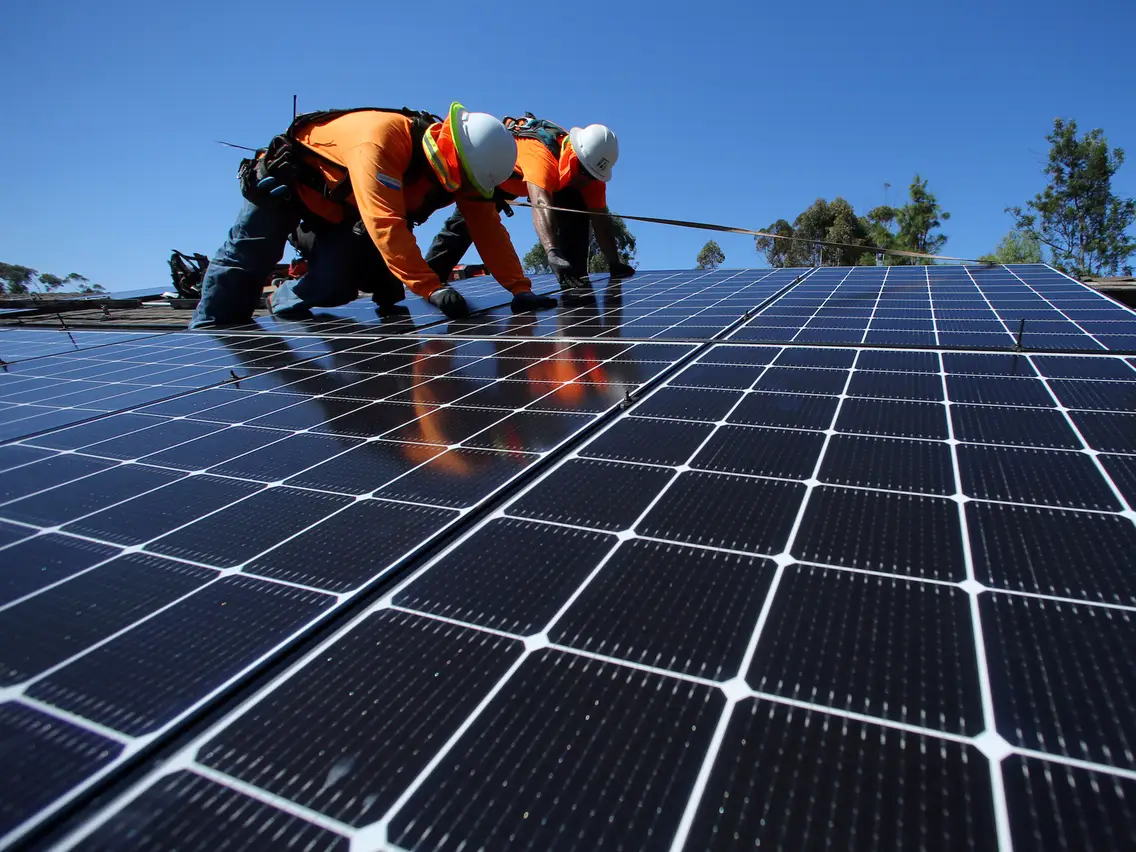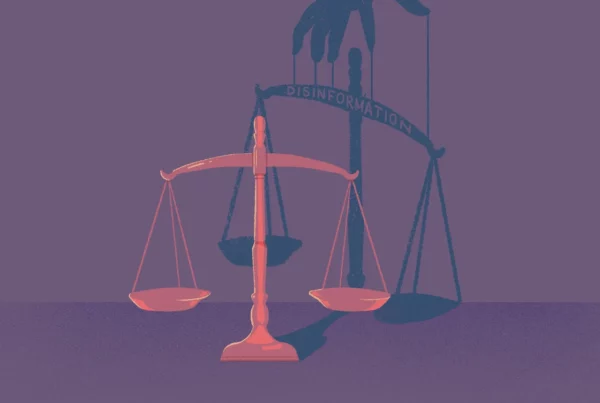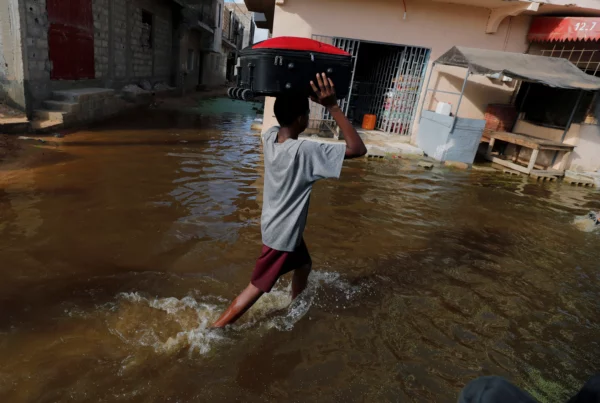Egypt’s climate summit is the moment to pivot Africa and the world away from fossil fuels and towards renewable energy.
At COP27 (6th-18th November, 2022) in Sharm El-Sheikh, the COP27 presidency will link this climate action to accelerating broader sustainable development, including economic growth, job creation and better health outcomes. Getting climate finance flowing into the countries that need it is crucial.
Renewable energy: The ‘lifeline’ to a safer future
Earlier this year, United Nations Secretary-General António Guterres called renewable energy a “lifeline” in fighting the climate crisis and transforming lives.
Guterres set out five critical actions to jumpstart the transition:
- Treat renewable energy like an essential public good
- Secure and scale up the raw materials for renewable technologies
- Reform fossil fuel bureaucracies
- Shift subsidies away from fossil fuels
- Triple public and private investments in renewables
How COP27 can accelerate the shift to clean energy
At COP26 in Glasgow last year, leaders committed to phase down unabated coal and inefficient fossil fuels subsidies. Yet, most countries have failed to fulfil this promise. Many have even approved new polluting fossil fuel projects, including in the UK, Canada and Australia.
At COP27, nations will meet for the first time since Mr Guterres set out the five actions. The presidency intends to make COP27 the catalyst to spur action on existing commitments and increase them in line with the science. The rapid transition from fossil fuels to renewables is central to these efforts.
Building a better world with renewable energy
Decarbonising energy is vital to reach net zero emissions by 2050. It requires the immediate and widespread deployment of affordable, renewable energy, alongside innovation and efficiencies.
Renewable energy is also a crucial part of achieving the UN’s Sustainable Development Goals for 2030, by:
- Providing affordable, reliable energy to those who lack it — still around 800 million people
- Supporting livelihoods, health and education, such as refrigeration and lighting provision
- Reducing the health burden of air pollution from fossil fuel burning
- Creating three times as many jobs than fossil fuels, per million dollars spent
Fossil fuels threaten global sustainable development
Spurred by Russia’s invasion of Ukraine, this year’s soaring cost of living, energy and food illustrates the dangers of relying on volatile international commodities. This is stoking instability, chaos and hunger worldwide, with consequences including:
- Putting additional strain on African economies already struggling to recover from COVID-19
- Reversing progress in energy access in Africa, with 25 million more people without access than before the pandemic
- Increasing power outages and business closures in Asia, along with a shortage of cooling during extreme heat waves
- Driving fertiliser costs and supply, leading to the political and economic crisis in Sri Lanka
More broadly, oil, gas and coal are disrupting economies, worsening health, increasing inequality, hunger and thirst, driving mass migrations, destroying biodiversity and making parts of the world uninhabitable. In short, they are the primary threat to sustainable development and a safe future.
Opportunities for sustainable development and renewable energy in Africa
Africa has enormous potential for renewable power generation, from solar, wind, hydropower, geothermal and modern biomass. COP27 is the moment when public and private financiers





